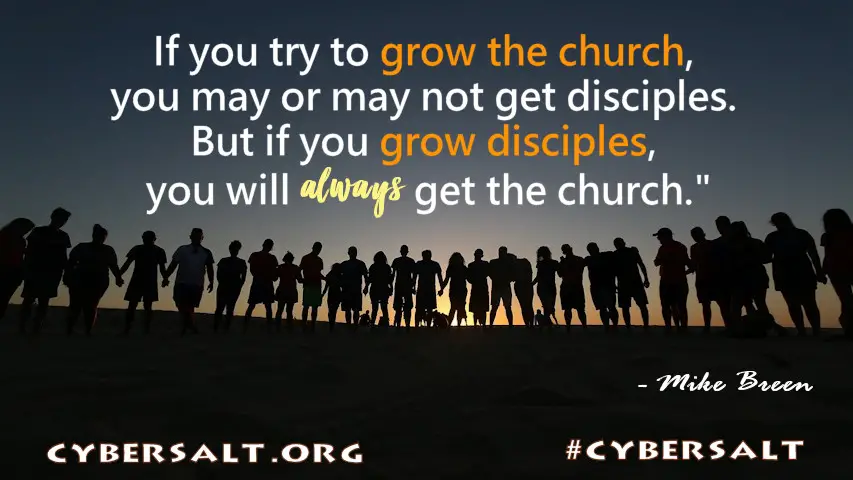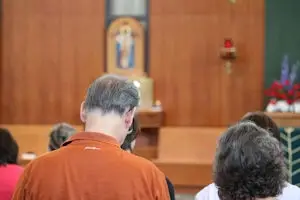 When I worked for the security department of a large retail store, my duties included responding to fire and burglar alarms. A side door of the building was wired with a security alarm, because it was not supposed to be used by customers.
When I worked for the security department of a large retail store, my duties included responding to fire and burglar alarms. A side door of the building was wired with a security alarm, because it was not supposed to be used by customers.
Nevertheless they found the convenience of the exit tempting. Even a sign with large red letters, warning "Alarm will sound if opened," failed to deter people from using it. One day, after attending to a number of shrieking alarms, I placed a small handmade sign on the door that totally eliminated the problem:
"Wet paint."

 The pastor had been disturbed by a person who was a fast reader.
The pastor had been disturbed by a person who was a fast reader. I recall a time when my son was about 18 months old. I had him strapped into a backpack and was rushing to catch the bus. Apparently I missed my step and fell down an entire flight of stairs (13 to be exact). I was bruised and bleeding and had torn my jeans ... but my main concern was, naturally, for my child.
I recall a time when my son was about 18 months old. I had him strapped into a backpack and was rushing to catch the bus. Apparently I missed my step and fell down an entire flight of stairs (13 to be exact). I was bruised and bleeding and had torn my jeans ... but my main concern was, naturally, for my child.